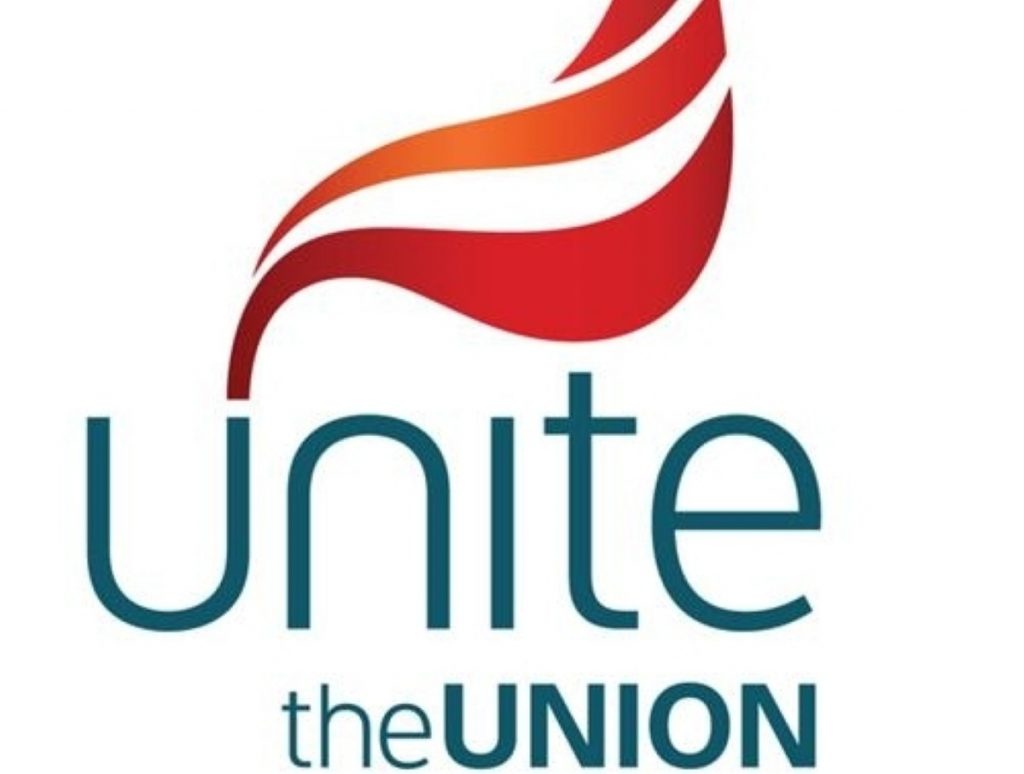Unite: £100m and counting – the real cost of BA dispute?
The BA current cabin crew dispute may be costing the airline far more than the City, its shareholders and its investors realise, Unite the union claims today (Friday).
As cabin crew are set to walkout for the second time in one week over the four days from March 27-30, Unite believes that the financial and reputational damage to BA is far in excess of what the company has acknowledged.
The union says the seven day dispute will cost the airline some £100m – twice the £7m per day, or £49m for the week, that BA told the City earlier this week.
With wider concern over BA’s strategy mounting, the union is calling upon the investment community to play its part in bringing about a negotiated settlement that addresses staff concerns about crew complements, pay and the impact on them of “new fleet”, while giving the company the efficiencies and economies it needs.
The union calls again for BA and its Board to stop this “self-inflicted trashing of its brand” and work with Unite “on a sensible, negotiated agreement which will be money in the bank for shareholders, and will keep a world-famous brand airborne.”
In a briefing to City investors and analysts issued today, Unite says any attempt to place a more accurate figure on the cost of the dispute must take the following costs into consideration:
* On Thursday, March 18, media were reporting that BA had put the figure at £27 million in lost bookings alone, a figure the company did not deny;
* According to JP Morgan Cazenove, BA’s average daily passenger revenue is £20 million, not allowing for seasonal fluctuations. At a conservative guess, around one-third of this – £7 million or so – could have been lost for each day of the strike, accounting for a further £49m for the week of dispute;
* A source within BA has told Unite that on one contract alone, the hire of twenty planes for the three-days strike last weekend came to £7 million. All together, we believe BA used around 40 “wet-lease” planes, which would mean on this head alone, BA has probably spent around £14 million over the three days;
* Revenue lost to competitor carriers will be considerable. Of the 65% of passengers BA claims to have carried, many were booked onto other carriers, which retained the revenue themselves. Competitors like Virgin and Lufthansa, kept this money (and may also keep the customers). JP Morgan Cazenove estimates that the cost of re-booking passengers on other flights at short notice amounts to around 20% of average daily revenues, or around £4 million per day, or £28m for the seven day dispute;
* BA will also sustain further losses not directly attributable to a “strike day” and therefore not included in BA’s own figures. A strike of this nature unavoidably has knock-on effects leading to cancellations and other disruption in the days following a strike which will add considerably to BA’s lost revenue.
Unite’s briefing goes on to state:
“It would seem that the analysts estimates of a daily loss of £15-20 million may be correct. If you add together the cost of lost bookings, of revenue effectively transferred to other airlines along with BA passengers, the cost of “wet-leased” aircraft and the cost of knock-on “post-strike” disruption, this is the ball-park area we are in.
“Over three days of strikes we could then conservatively estimate the total cost as around £45 million. Over seven days of strikes, this dispute will therefore have cost British Airways over £100 million.”
For a company that claims to be on course for major losses this year, Unite says the financial logic of this costly dispute is puzzling in the extreme and suggests that BA’s management is actually pursuing another agenda, that of smashing union organisation at the airline: “This is a staggering amount to be spent on an avoidable dispute. It begs the obvious question: why is BA spending so much?
“Certainly, BA has a motive for trying to put the best “gloss” possible on its situation. Unite believes that the company has embarked on an ambitious and expensive attempt to destroy trade unionism among its cabin crew. Some may perhaps see this as a price worth paying if trade unionism is fatally weakened in part of BA’s operations. But at any price? And is this damage compatible with the survival of the British Airways brand as it is presently seen?
“Shareholders must ask themselves – is management the right one for the airline’s long-term prospects and prosperity? These are questions shareholders and investors should be asking of British Airways’ board.”
Last week’s attempt to cow the media from reporting statistics that challenged their own was, Unite says, “a scandalous attempt at censorship”. The union’s briefing makes it clear that it does not have access to all the information which BA management holds but states that its figures come from reliable sources.
ENDS
For further information, please contact Pauline Doyle on 07976 832 861 or Andrew Murray on 07773 764 455
For a copy of the briefing, click here





-01.png)